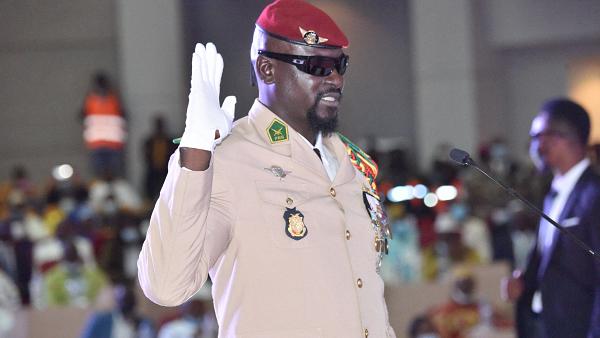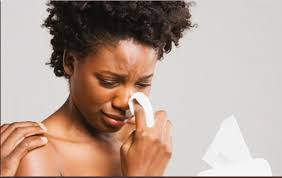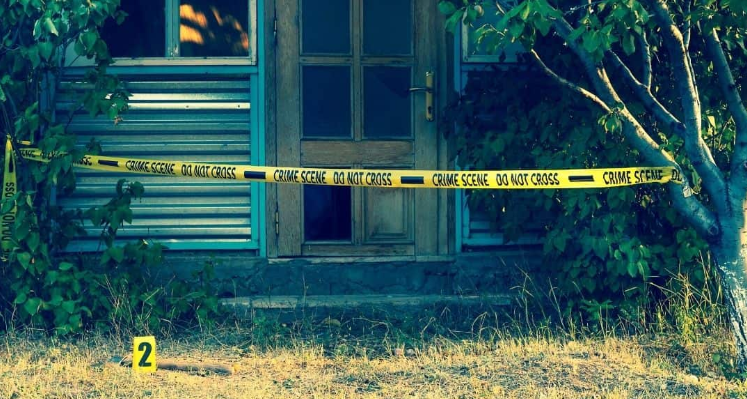Colonel Mamady Doumbouya, who claimed power in Guinea following a September 5 military coup, on Wednesday named development veteran Mohamed Beavogui prime minister in a decree read on public television.
Beavogui, 68, has had a prestigious career with international organisations including the UN, but has no national government experience — potentially distancing him from the Guinean political infighting of recent years.
In the last hour, Guinea's new interim govt has appointed Mohamed Beavougui as the country's new Prime Minister, replacing Kasory Forfana. #Guinee #Guinea pic.twitter.com/KUwWg2W8iA
— Baillor Jalloh (@baillorjah) October 6, 2021
The son of a diplomat, the engineering graduate is an expert in agricultural development financing and risk management.
Doumbouya earlier this month promised to respect the country’s international commitments while transitioning to civilian rule as he was sworn in as interim president.
He had led the overthrow of president Alpha Conde on September 5.
Doumbouya was sworn in by Supreme Court head Mamadou Sylla for a transition period of unspecified length on October 1.
The new interim president spoke of his “commitment” that neither he nor any member of the junta would stand in any future elections that the military has promised to organise after the transition period.
His administration’s mission, he said, was to “refound the state” by drafting a new constitution, fighting corruption, reforming the electoral system and then organising “free, credible and transparent” elections.
After being sworn in he pledged in a message to the nation to appoint a prime minister followed by a government and other “organs of the transition”.
He also announced the creation of a body to fight corruption.
The September 5 coup, the latest bout of turbulence in one of Africa’s most volatile countries, saw the overthrow of 83-year-old president Conde.
The deposed leader is being held at an undisclosed location.
The putschists took control in just a few hours with the media reporting that between 12 and 20 people lost their lives.
Conde became Guinea’s first democratically elected president in 2010 and was re-elected in 2015.
But last year he pushed through a controversial new constitution that allowed him to run for a third term in October 2020.
The move sparked mass demonstrations in which dozens of protesters were killed. Conde won re-election but the political opposition maintained the poll was a sham.
Guinea is one of the poorest countries in the world, despite abundant reserves of minerals including iron ore, gold and diamonds.
The former French colony also has the world’s largest reserves of bauxite, the primary source of aluminium. Mining is the driver of the economy.
Source: Africanews




